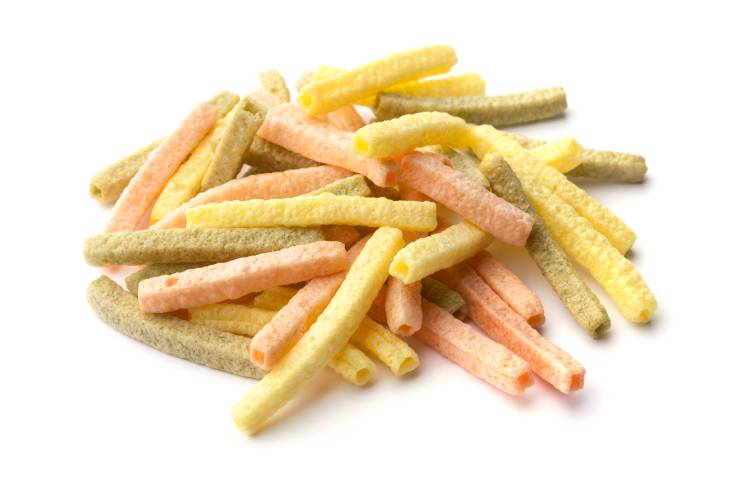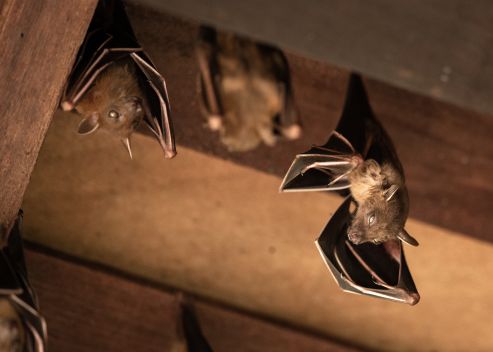Are you preparing to make some major renovations or home repairs? Then it’s great you found this article! We’re going to take a look at spackle, which is something dogs like to eat.
Connect with a verified veterinarian in minutes. Licensed vets are available 24/7 to answer your questions. No need to worry about your furry family member.
What is Spackle?
Spackle is a type of putty that’s used in home repair. Spackle can be used to fill small cracks or holes. It’s also sometimes used to fix wood, drywall and plaster. It’s made of gypsum plaster, which includes hydrated calcium sulfate and glue.
For some reason, dogs are attracted to both wet and dried spackling. No one is sure why. It’s just one of those strange things that some dogs will eat.
Is Spackling Toxic for Dogs?
Spackling is not usually toxic to dogs. If eaten in small amounts, it may cause diarrhea and vomiting, but the dog will otherwise be OK.
In larger amounts, the danger isn’t from poisoning. Instead, a large piece of dried spackle can be come caught in your dog’s throat. This can lead to choking or even death.
Another problem is a larger piece of spackle may become lodged in your dog’s intestines, causing an intestinal blockage. This can be a life-threatening medical condition if not treated promptly.
One more issue is that some spackle may contain ethylene glycol (which is found in antifreeze), and this is a toxic substance to dogs. However, the amount of ethylene glycol is usually very low. It shouldn’t cause a problem unless your dog has eaten a large amount of spackle for his size.

Review symptoms, medications & behavior to keep your pets healthy with a Vet Online in just minutes.
Ask a Vet Live NowSymptoms of Intestinal Blockage in Dogs
You may notice these symptoms if your dog has eaten a large amount of spackling and has developed an intestinal blockage:
- Vomiting
- Diarrhea
- Lack of appetite
- Constipation
- Lethargy
- Abdominal pain/swelling
If your dog has these symptoms, then call the vet immediately. This is a medical emergency.
What to Do if Your Dog Eats Spackle
If your canine companion has eaten a small bit of spackle, he will probably be OK. He may have some diarrhea and vomiting but will be otherwise fine.
If your dog has eaten spackle and is choking, then see if you can safely remove the spackling from the dog’s throat. If not, then take your fur baby to the vet immediately. This is a medical emergency.
For dogs that have eaten a large amount of spackling, then it’s best to call the vet, especially if the spackle contains ethylene glycol.
For a dog that has eaten a large piece of dried spackling and is showing signs and symptoms of an intestinal blockage, you’ll need to call the vet immediately. This is a medical emergency.
With prompt medical treatment, your dog has an excellent prognosis. And be sure to keep him away from any future home repairs and renovations in the future!
Connect with a verified veterinarian in minutes. Licensed vets are available 24/7 to answer your questions. No need to worry about your furry family member.

Julie
Julie is a graduate of the University of North Carolina, Wilmington, where she studied Animal science. Though contrary to the opinion of her parents she was meant to study pharmacy, but she was in love with animals especially cats. Julie currently works in an animal research institute (NGO) in California and loves spending quality time with her little cat. She has the passion for making research about animals, how they survive, their way of life among others and publishes it. Julie is also happily married with two kids.
Review symptoms, medications & behavior to keep your pets healthy with a Vet Online in just minutes.
Ask a Vet Live Now




